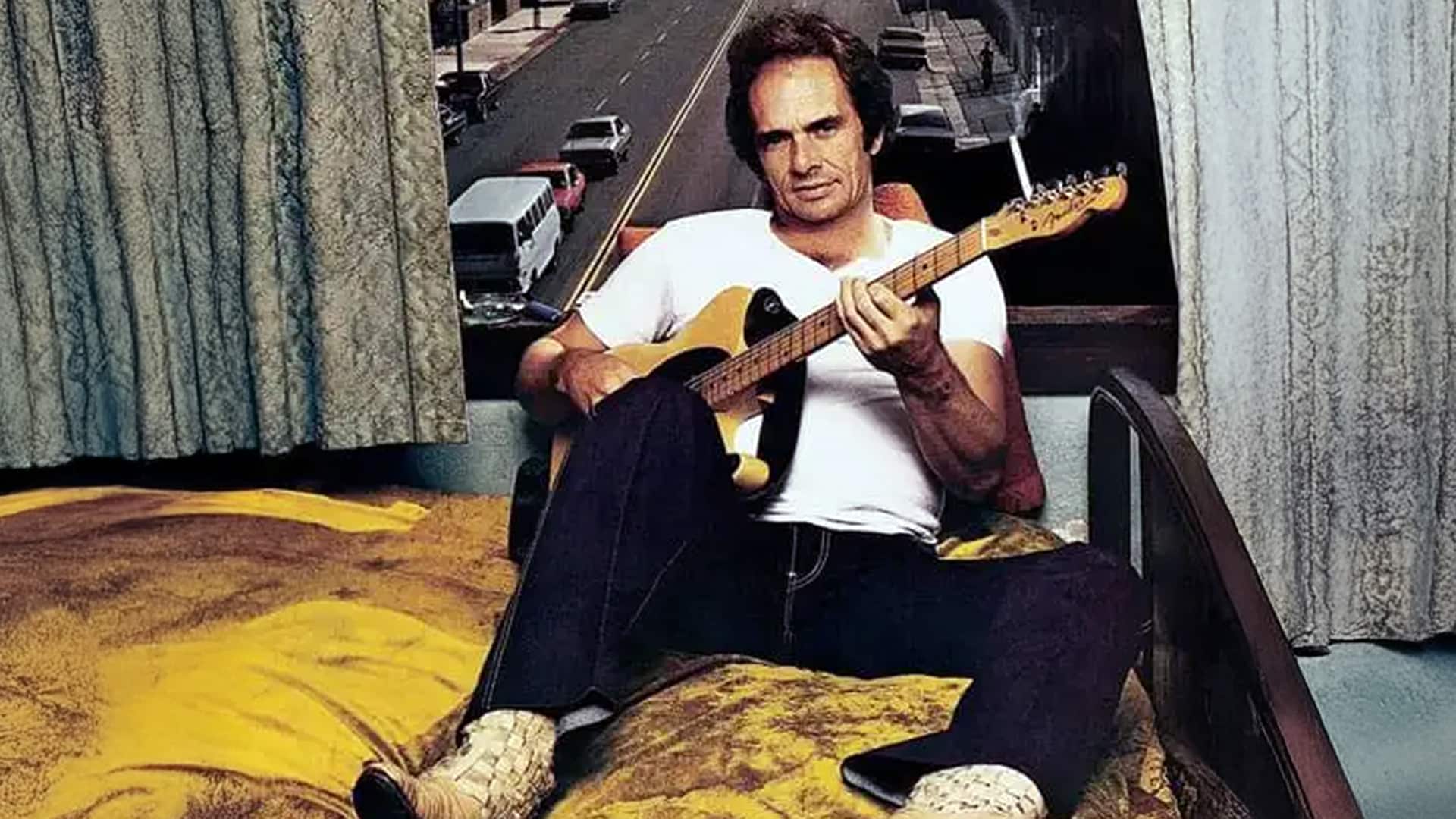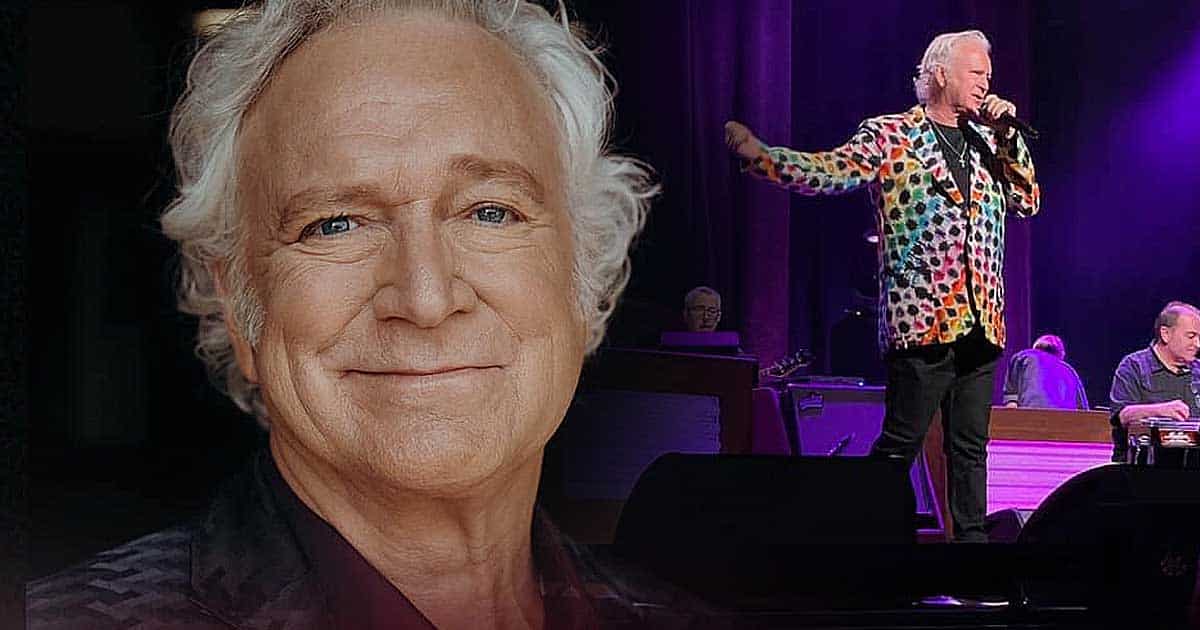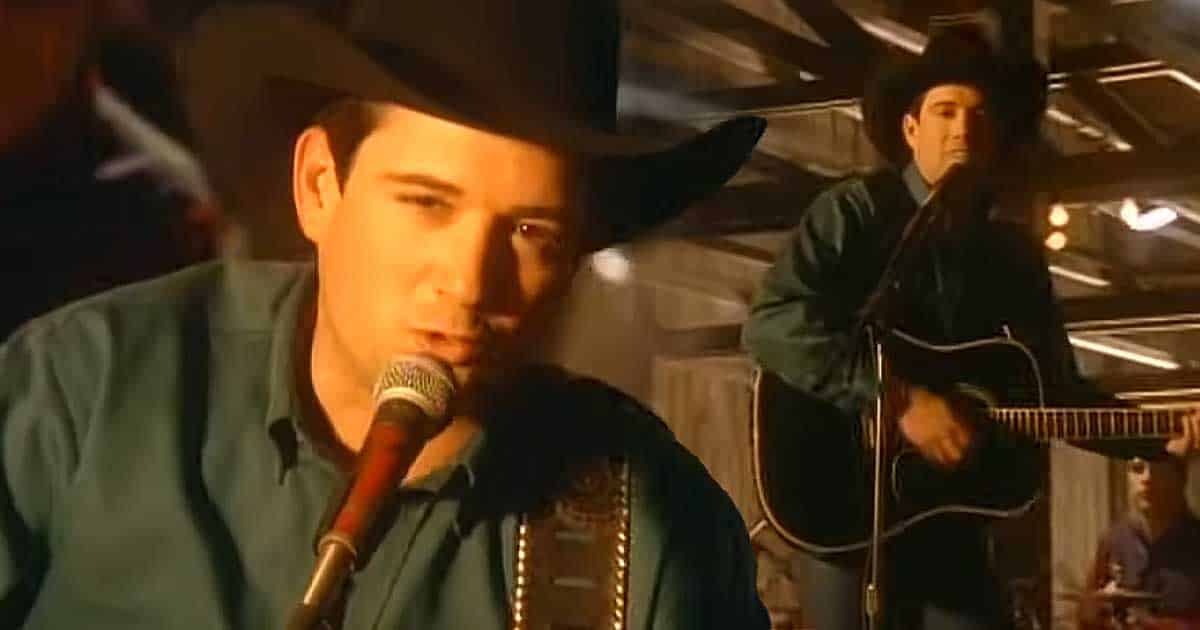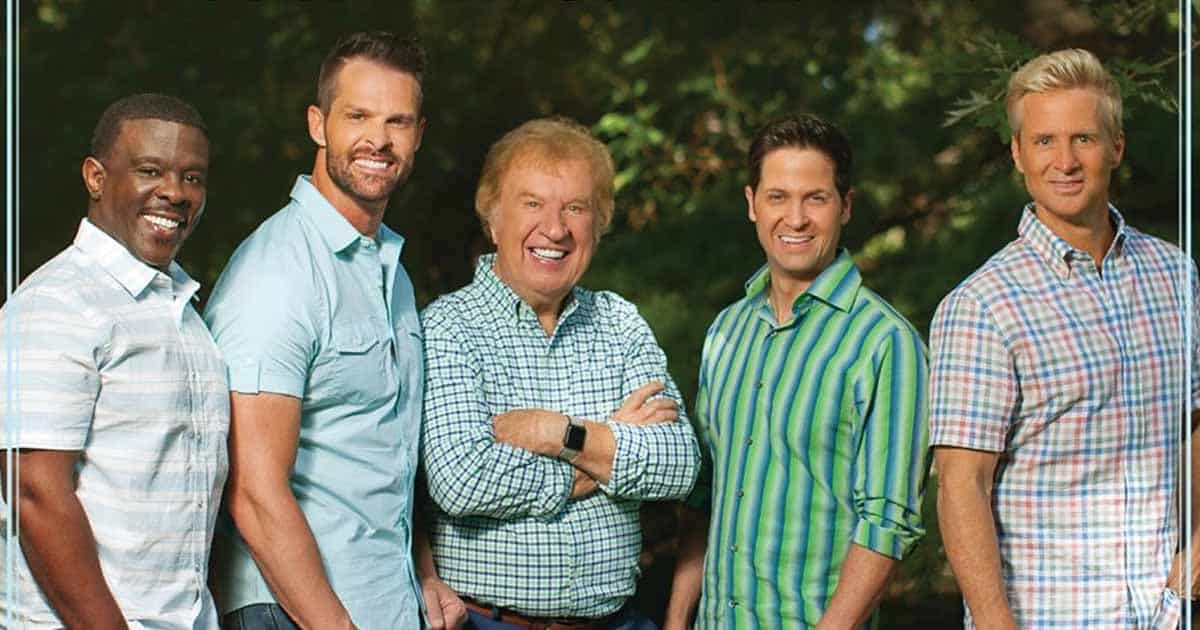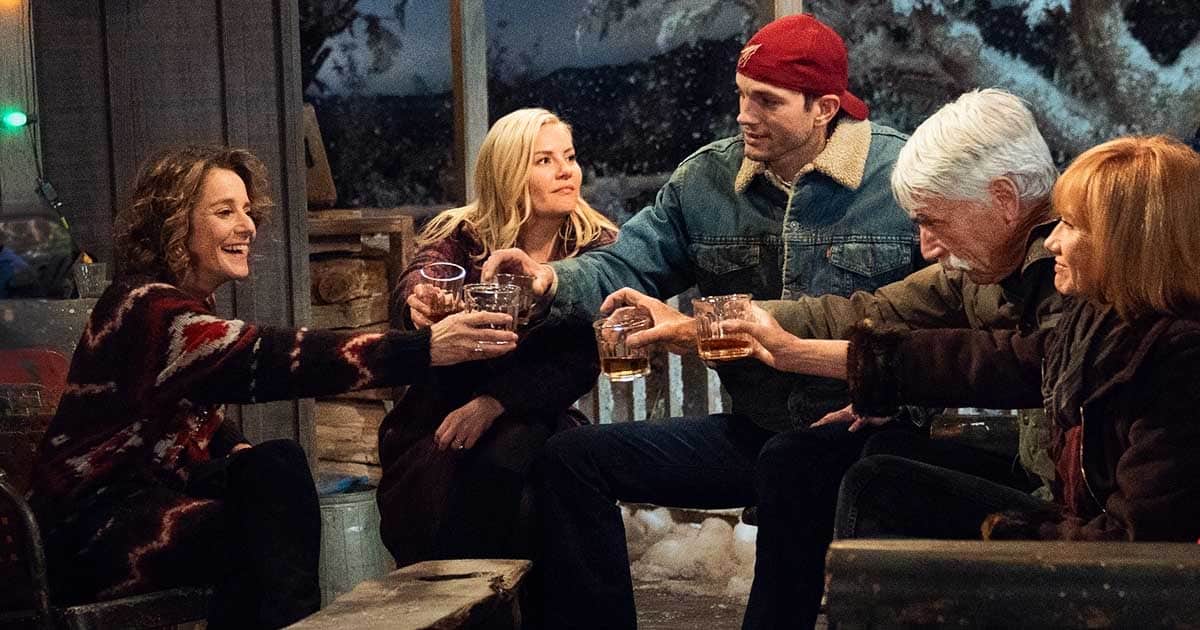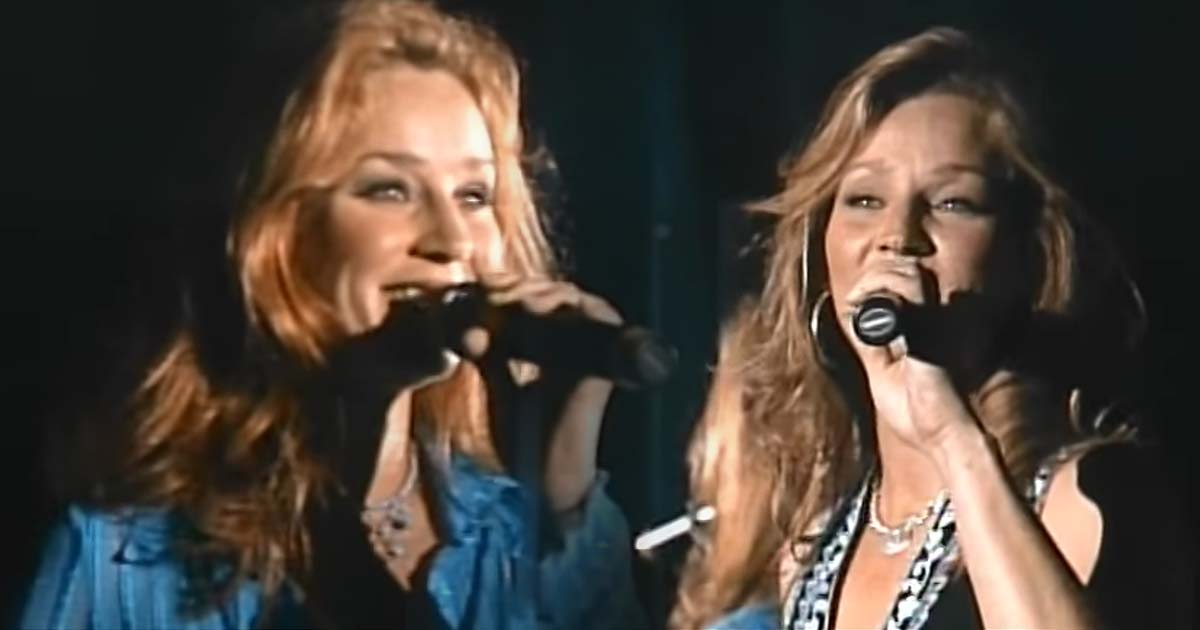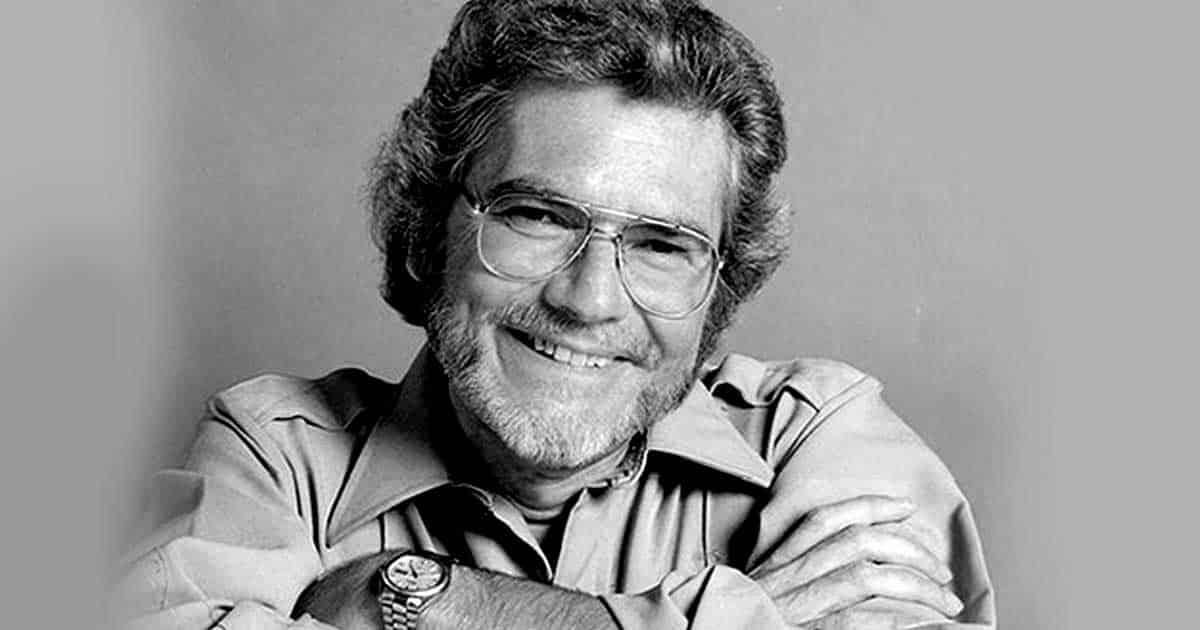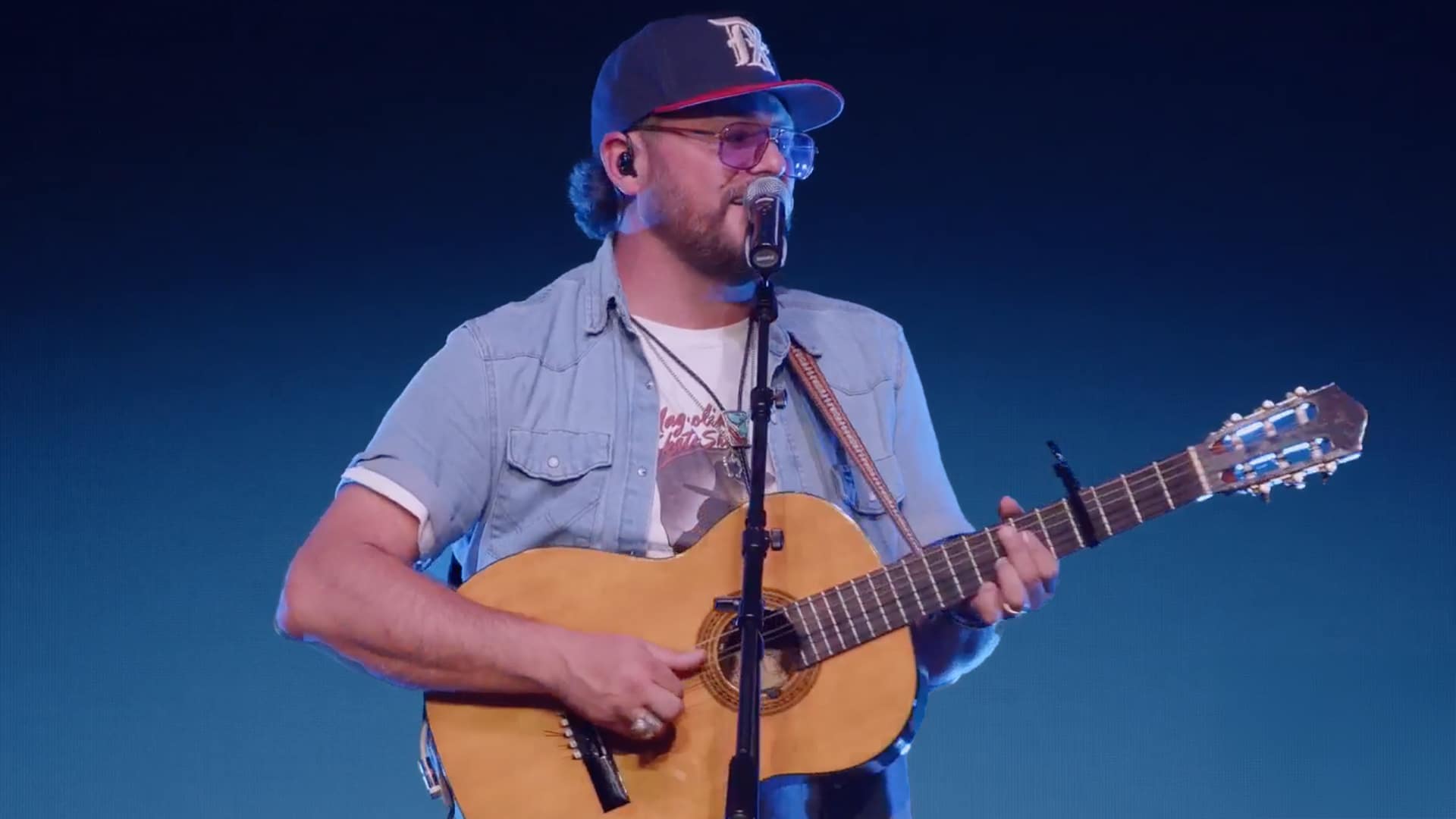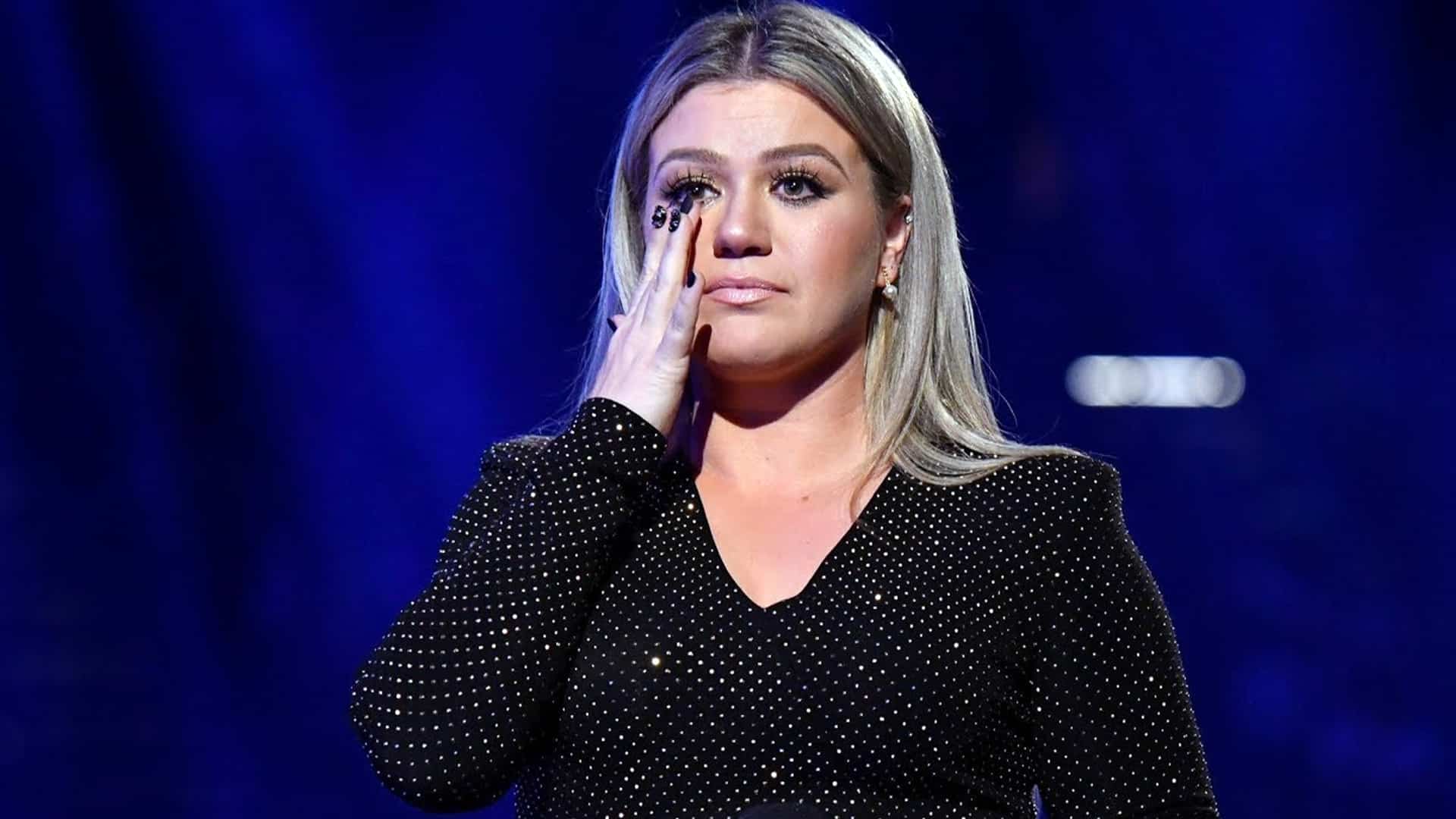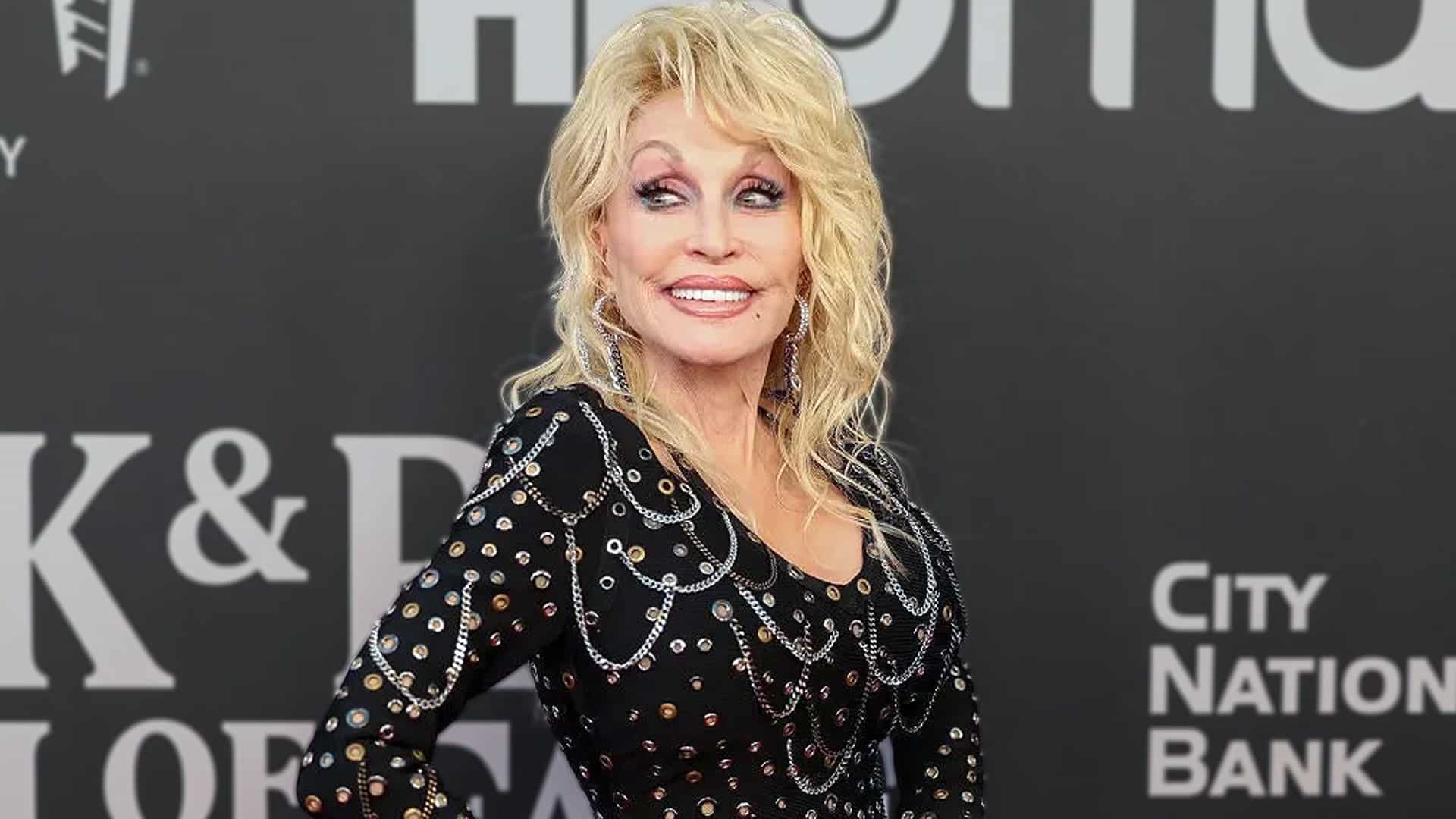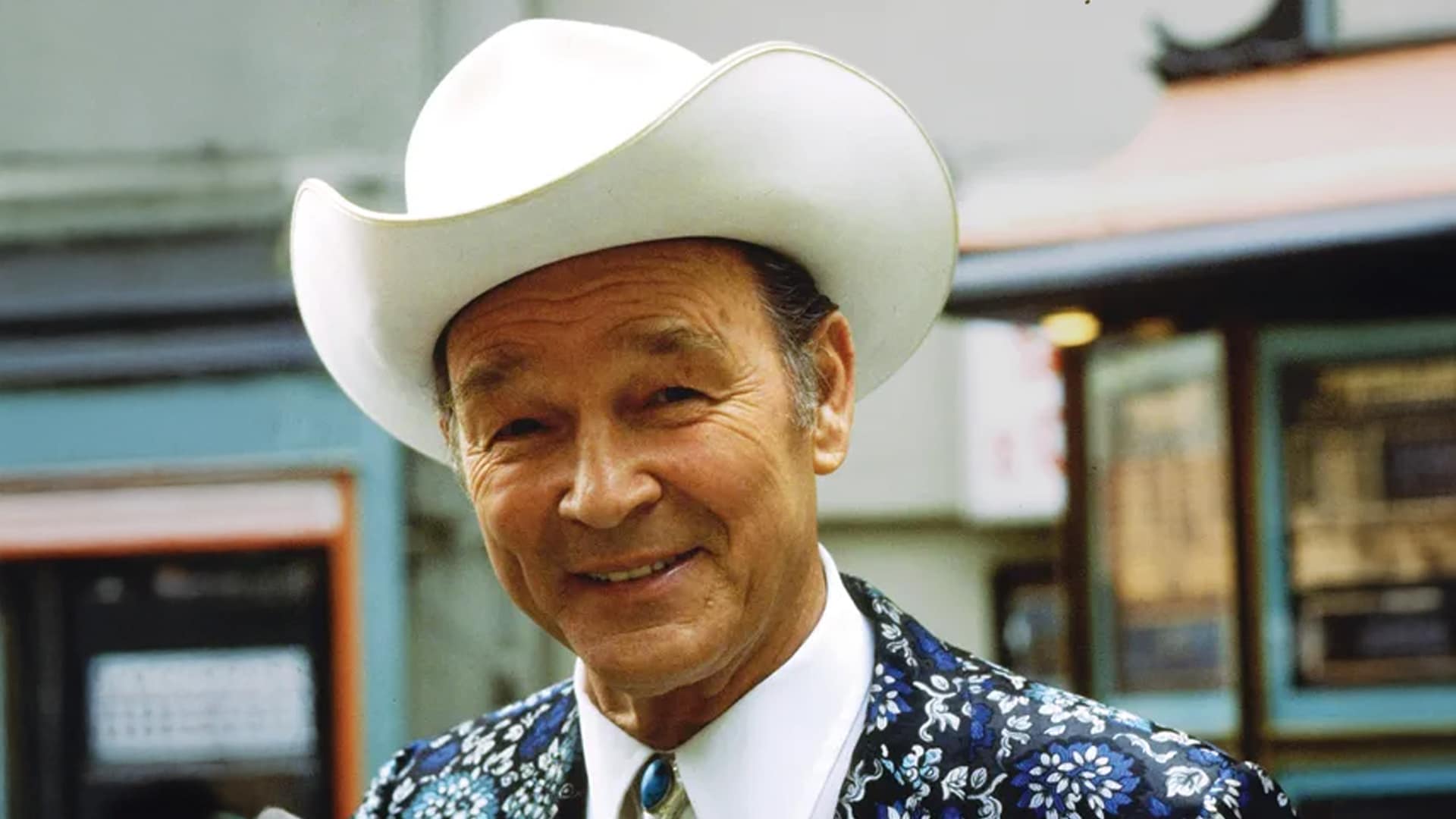Merle Haggard was never just another voice on the radio. He was the rough-cut heart of country music—wild, wounded, and never willing to be polished up for palatability. While the world remembers the hits—“Mama Tried,” “The Fightin’ Side of Me,” “Okie from Muskogee”—it’s the grit between the lines that built the man fans still revere.
These aren’t the stories you hear at country awards shows or on sanitized tribute specials. These are the untold, underreported, sometimes uncomfortable truths that made Merle a legend, one of the most uncompromising, unforgettable artists to ever pick up a guitar.
1. The Hag Broke Out of Juvenile Detention Just to Be Closer to the Music
Before he could legally drive, Merle Haggard was locked up in the Fred C. Nelles School for Boys for truancy and petty crime—a polite way of saying he was chasing something bigger than rules could contain. As Wide Open Country reports, he escaped that juvenile facility multiple times—not to go home but to get closer to the music that was already setting his soul on fire.
He never made it to see Lefty Frizzell live during those wild breakouts, but Frizzell’s voice would shape his own. “Most of us learned to sing listening to him,” Merle later wrote in the foreword of I Love You a Thousand Ways, a biography of Lefty. Haggard’s early life wasn’t rebellious for rebellion’s sake—it was his only roadmap to country music. After more time at Preston School of Industry and a 1953 parole, he hit Bakersfield’s bar scene like a man with something to prove. That something would change country music forever.
2. He Was Played on the Moon Before Most Country Stars Hit the Opry
In April 1972, astronaut Charles Duke brought a cassette tape aboard Apollo 16. On it? Merle Haggard. While orbiting 60,000 miles from Earth, Duke, along with crewmates John Young and T. Kenneth Mattingly Jr., listened to “Silver Wings” and other Haggard classics while gazing at the dark side of the moon.
According to WOC, when Duke later met Merle, he told him how the songs helped settle nerves during their orbit. Haggard, never one to fake humility, called it a surreal honor. “It was something special to know my music reached that far,” he said.
Think about it—Merle Haggard was being played in outer space before most modern country artists ever sniffed an arena. The Hag wasn’t just singing to middle America. He was echoing through the cosmos.
3. He Walked Out on Ed Sullivan Because They Tried to Script Him
In the early ’70s, Merle Haggard had the chance to appear on The Ed Sullivan Show. This massive platform made household names out of everyone from Elvis to The Beatles. But Merle wasn’t interested in prepackaged fame. When the producers tried to choreograph his performance—giving him stage directions and requesting he tone down his natural delivery—he bailed.
As reported by Wide Open Country, Merle said later, “I’ve never been a guy that can do what people told me.” And he meant it. Walking away from The Ed Sullivan Show might’ve been career suicide for someone else, but for Haggard, it was another reminder that he’d rather be real than be famous.
In a town where too many artists play nice to stay in rotation, Merle had the gall to walk away from a moment that could’ve made him “mainstream.” Turns out, he didn’t need it.
4. He Quietly Backed The Chicks When Everyone Else Stayed Silent
When Natalie Maines criticized President George W. Bush in 2003, The Chicks (then the Dixie Chicks) were swiftly bl𝐚cklisted from country radio. Former friends in the industry turned on them overnight. But Merle? He didn’t join the pile-on.
In an interview with The Independent, Haggard said, “I don’t understand why there’s such a verbal witch hunt out for them… They’ve cut such an honest groove with their career.” In another interview with CMT that year, he added, “We’re in a war. Let’s support the troops and leave politics out of music.”
These weren’t statements shouted from a stage—they were subtle, measured, and deeply important. Haggard had long been cast as a conservative symbol, thanks to “Okie from Muskogee,” but here he was defending the right of artists to speak their truth. It’s one of the most overlooked examples of his complexity and quiet courage.
5. That Five-Day Houseboat Bender? He Took It to His Grave
In his no-punches-pulled autobiography My House of Memories, Haggard recounted a five-day, drug-fueled spiral on his houseboat with a female country star he never named. They were “always naked,” he wrote. High on cocaine. No food. No sleep. Just chaos on the water in Northern California.
Speculation still swirls about who she was—Tanya Tucker’s name gets floated, though there’s no confirmation. But the story’s real power lies in how Haggard owned it. He didn’t romanticize it. He laid it bare as he did with everything: voice cracked, heart wide open, no PR filter in sight.
The Hag didn’t shy away from showing what addiction cost him, even at the height of fame. That brutal honesty? It’s the same thread running through every line he ever sang.
Merle Haggard’s Legacy Wasn’t Built on Image, It Was Built on Truth
Country music is full of performers. Merle Haggard was something else entirely. His stories—both sung and lived—were never rehearsed. They were raw transmissions from a man who lived the words he wrote. He didn’t clean up for the cameras. He didn’t play along with industry politics. He didn’t stay quiet when others took the easy road.
On what would’ve been his 87th birthday, there’s no better tribute than to remember him not just for the hits but for the fire underneath them. The escapes. The walkouts. The moon missions. The broken nights. And the backbone it took to be Merle Haggard in a world that constantly tried to tame him.
He didn’t let them. And that’s why he still matters.

